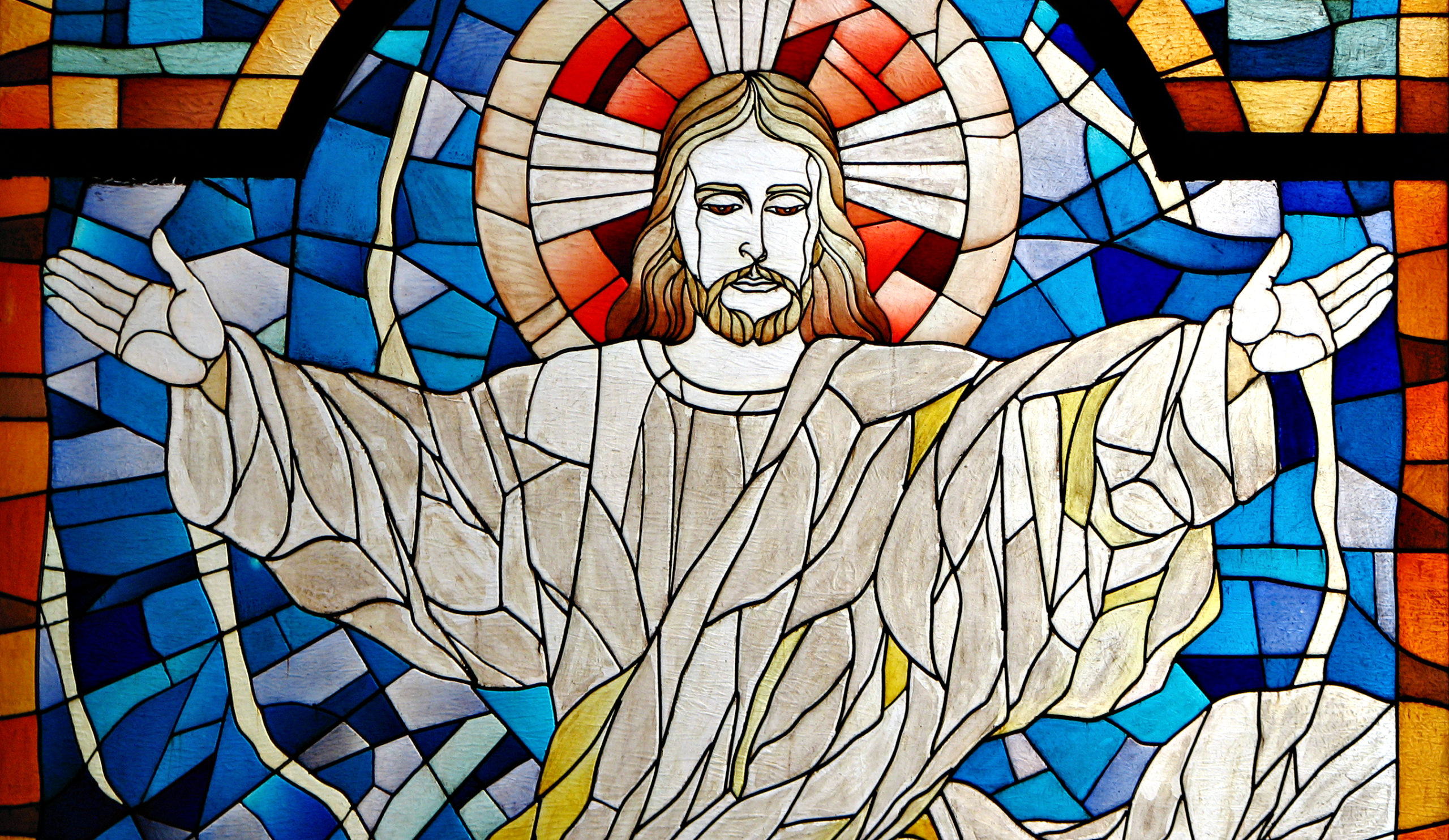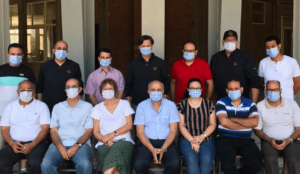
NAME Sports Movement: Inside-Out Generosity
Designing generosity training for the Middle East Emad leads NAME Sports Movement based in Cairo,

Tim Keller says that the announcement of Jesus’ resurrection resulted in the early church becoming “a city within a city—of love and service, not power and exploitation.”
For those looking in from the outside, the early Christians in Jerusalem would have appeared very odd. Why?
While the 1st century world did not practice possessive individualism, it did reflect an imperial pyramid of rank and status. Those whose rank was at the top of the social pyramid (the emperor, Roman senators, local aristocrats, those of free-born status) had access to social power and wealth. All others lacked the currencies of rank and status.
The Early Church Contrast
In contrast to this paradigm was the early church’s communal practice of shared life (“…they had all things in common” – Acts 2:44). This shared life in Christ found expression in a lifestyle fully dependent on God (see Acts 2:45). This in turn was radically countercultural.
This generosity flowed from the resurrected life of Christ (Acts 2:32-36). The power of this new life with Jesus was visibly seen in the generosity practiced by these Christ-followers. It’s worth noting that this power was expressed in the mundane, daily, normal routines of life: worshipping together and sharing common meals in homes (Acts 2:46). It also moved outside the shared life of the Christ-followers, resulting in their “having favor with all the people” (Acts 2:47).
Generosity Applied
Generosity is about using anything and everything that might draw people away from death and into the life of God and into the shared life of the people of God, bringing flourishing to the world by ending the reign of isolation, loneliness, poverty, hunger and despair. Applying this countercultural practice will be a signpost to the world that Jesus is Lord and that God’s kingdom is present.
“Christianity always flourishes most as a life-giving minority, not as a powerful majority. It is through subversive, countercultural acts of love, justice, and service for the common good that Christianity has always gained the most ground.” – Scott Sauls
Reflect and Respond
How could churches in your network recapture the energy and impact of the Acts 2 and 4 church through biblical generosity?
What if people you serve through your network started using everything to draw people away from death and into the life of God?
We can help you create your own transformational generosity training through our Generosity Design Lab.

Designing generosity training for the Middle East Emad leads NAME Sports Movement based in Cairo,

Back in November 2018, I was introduced to Adel Azmy, Managing Director of NABLA. He
Be a part of the movement praying for global generosity.